Should the Embassy of Poland in Reykjavík really host a panel discussion on the Holocaust?
22.1.2020 | 07:47
An Essay by Vilhjálmur Örn Vilhjálmsson
Today, 22 January 2020, the first ever public discussion on the Holocaust will take place in Iceland. The panel discussion has received the following title: 75 years from the Liberation of Auschwitz – on the importance of remembering the Holocaust. The venue will be housed at the Polish Embassy in Reykjavík, the northrenmost outpost of the present Polish Government - a government busy rewriting and whitewashing Polish WWII history and denying facts about Polish atrocities during WWII.
I find it difficult to imagine that there will be any mention of the fact that Poles killed Jews during WWII, and most often without orders from the German occupants. Polish atrocities were a part of the Holocaust, and cannot be denied. But airing views on those atrocities is a criminal offences in Poland. The Polish Government denies that Poles killed Jews during WWII.
Modern Polish State revisionism
Is it ethical of the Polish Embassy to house an event on the Holocaust, when the Polish Government dismisses the fact that up to 100.000 Jews fell prey to the local helpers and collaborators of the Germans, or were murdered under various unexplained circumstances?
Is a government that interferes in historial research and rewrites history by denying all claims regarding Polish participation in the Holocaust the right host for a Holocaust panel?
The Polish Governent´s deplorable response to facts is that the historians, who claim Poles killed Jews during WWII are Jews or of Jewish extent and argue that they are all biassed. Historians like the late Szymon Datner as well as Jan Gross, Barbara Engelking and Jan Grabowski, who in his great book Hunt for the Jews (2013), are all branded by their Jewish or partly Jewish background.
Whily engaged in a massive rewriting of Polish History, the present Polish government reject factual, sober and highly esteemed research on the Polish crimes against the Jewish population of Poland from 1939 to 1945. They call Grabowski a liar when he estimates that Polish peasants, who participated in German-organized Judenjagden, (hunts for Jews), killed thousands of Jews, and that approximately 80% of the Jews who attempted to hide from the Germans ended up being killed by Poles or turned in by them. These mass-murders is an internationally recognized fact, but is dismissed by a government in a present-day EU state.
In the photograph at the beginning of this essay, one can see members of the so called Blue Police (Granatowa policja) fraternizing with German soldiers. If Jews fell into the hands of the Blue Police they faced certain death. Death by the hands of the fellow countrymen.
What the Polish government is expressing these days, is an outright antisemitic statement that Jews cannot be trusted to write about their sufferings in Poland. The above mention historians and others, who aren´t Jews, live in fear that they might loose their positions, be fined or even be jailed if their research doesn´t fit into the revisionist Polish historical perception of today.
Iceland and the Holocaust
Iceland too has a problem with the Holocaust. Icelanders generally do not think the Holocaust is any of their business, although the country with a micro-population had a Nazi Party, Governments expelled Jewish refugees to Germany and Icelanders joined the Waffen-SS.
In late January 2000, Iceland participated together with representatives from 44 other nations at the Stockholm International Forum on the Holocaust. A treaty was signed, and the participants promised education, remembrance and research on the Holocaust in their respective countries.
Iceland, unfortunately, never implemented any of the statements nor realized the pledges it signed at the Stockholm Forum. Education on the Holocaust has not become a part of the curriculum in Icelandic schools. Iceland promised to strengthen its efforts to promote education, remembrance and research on the Holocaust. At the same time Anti-Semitism has been on the increase in Iceland (See here and here). That is a reason for concerns, now when the very few Jews living in Iceland have created a cradle for Jewish worship in Iceland with the help of the Chabad movement.
No open venues on the Holocaust have taken place until now, when the Polish Embassy in Iceland provides a scenario for such an event. At the same time the Embassy represents a Government that denies that Poles killed Jews during WWII.
Icelandic Holocaust resarch takes place abroad
Since the turn of the Century, only a couple of independent Icelandic scholars have written on matters of the Holocaust, without any support from Icelandic authorities. I count myself as one of these few scholars.
I was the first Icelandic scholar to be invited to work on Holocaust-related research. Not in Iceland, but at the Danish Center for Holocaust and Genocide Studies. There, I researched my findings on the lives and fates of Jews who were victims of Danish expulsion from Denmark 1940-43, which were carried out without any demands or pressure from the Nazi-occupants of Denmark. My research was published in my book Medaljens Bagside (The back side of the Coin). I have also written papers in English on the History of the Jews in Iceland as well as on Antisemitism in Iceland (see here and here). For a while, I was Editor in Chief of Rambam, the Journal of the Danish Jewish Historical Society, and the initiator of the Stolpersteine project in Denmark, which finally was realized in 2019. Occasionally I have done research work together with Dr. Efraim Zuroff the Director of the Simon Wiesenthal Center in Jerusalem. Now I am in the process of finalizing a volume on the the correspondence of the Glucksman-family at 6 Walicow in the Warsaw Ghetto. In the book I will publish with Francizska and Wanda Glucksmans letter to son and brother Dr. Stefan Glücksman. He had travelled to Denmark in 1939 to learn Danish. The Danish authorities expelled Stefan in January 1941 for being a "Polish Jew". He was killed in the SS-slave camp at Gross-Rosen, southwest of Wroclow of 24 October 1941.
20 years after the Stockholm Forum
Is there a light at the end of a very dark tunnel?
The ambassador of the Republic of Poland in Iceland, Gerard Pokruszynski joins hand with Abraham Feldman the rabbi of the the Chabad movement in Iceland and the School of Humanities (Hugvísindasviđ) [Faculty of Arts] at the University of Iceland. They invite the Icelandic public to a panel discussion on the Holocaust in the Polish Embassy at Ţórunnartún 2 in Reykjavík, Wednesday 22 January, at 17:30.
I, of course as a serious Icelandic Holocaust researcher, had expected to be invited as one of the speakers, if such an event would ever be suggested by anyone in Iceland. But no. I am probably not welcome in the Polish Embassy in Reykjavík. My views might be criminal in Poland of today.
Very aware that Poland´s Senate approved a controversial bill in 2018, making it illegal to accuse the Polish nation or The Polish State of complicity in the Nazi Holocaust, I will still dare to claim that Poles killed Jews, their neighbours in Poland during WWII. It is not illegal to tell the truth in Iceland.
That sayd, I respect very highly all the thousands of Poles who made a great effort to fight Nazism and to rescue their fellow citizens, the Jews.
However, the bill of the Polish government originally prescribed fines or a maximum three-year jail term as punishment. After international pressure on Poland the jail sentence was allegedly removed from the bill, which was passed in January 2018 (see here) by President Andrzej Duda. The presidents proclaimed that Poland had the right "to defend historical truth". The very same Mr. Duda has now decided not to participate in an International ceremony in Israel this week to remember that 75 year have past since the liberation of Auschwitz. That is a shame!
How does one really manage to defend historical truth in the EU-state of Poland, and all the atrocities committed by Germans and others on Polish soil?
For some years now, when ultra-nationalists in their thousands march the streets of major cities in Poland together with Polish neo-Nazis and foreign Nazi-party members, is Poland showing any understanding of the Holocaust? These marches are accepted by the Polish Government.
When I hear that my colleagues, both Jewish and Polish historians, are being threatened with legal measures and are being fired from their positions for telling the truth - or only trying to keep it above the nationalistic sentiments of the Modern Polish Government, I am personally worried that the official Poland has a totally different view of the Holocaust than most states in Europe.
In 2019 the entire world saw a footage from an annual Easter-time amusement of the citizens in the Southern Polish town of Pruchnik. The amusement consists of a march, where the young as well as the elderly hang a large effigy symbolizing Judas Iscariot depicted as an orthodox Jew from the gallows, after which they beat the effigy and drag it through the streets of their town, finally to put on fire.
I do not believe that all parts of Polish society, together with its present Government, have comprehended what happened in Poland 80-75 years ago due to ultra-Nationalism and Antisemitism. Authorities, who do not put a permanent stop to such religious "amusements" do not live up to the promises they made together with e.g. Iceland in Stockholm in year 2000.
Posters with the "New" Polish History in Reykjavík 2019
The Museum of the Second World War in Gdansk (Muzeum II Wojny Swiatowej) opened in 2017. A renowned historian, Dr. Pawel Machcewicz, was appointed the director of the Museum. Very soon after the opening the PiS party (The Law and Justice Party) in the Government started interference into the historical agenda of the museum. The PiS-party, which had come to power in Poland’s elections two years earlier, found an international focus on the war unbearable, preferring to promote a version of WWII history that would airbrush real history and glorify the Polish nation instead.
The minister of culture and national heritage, Piotr Glinski, dismissed the museum director Pawel Machcewicz. A new director, Karol Nawrocki, set about altering the main exhibition – without consulting its authors. The revised approach under Warsaw government direct rule, was to emphasize the glorification of Polish military actions and to portrait Poland as a righteous nation. The museum now became a monument to national martyrology. New government puppet, Nawrocki, for example, replaced a filmed summary of civilians’ experiences during the war with another film altogether, in which the soundtrack includes claims that can only be described as propaganda, with phrases such as: “we saved Jews”; “we give life in the name of dignity and freedom”; “we were betrayed”; “the pope gave hope of victory”; “communists lost”; “we won” and “we do not beg for freedom, we fight for it”.
The severely rewritten and white-washed version of Polish history washed ashore in Iceland in the fall of 2019. This road-show of posters from the Museum of World War II History in Gdansk was dearly welcomed with no criticism from anybody at the University of Iceland. Needless to mention, none of the posters mentioned Poles killing Jews by the thousands. The purpose with the posters was clear:
An introduction to the poster-exhibition from the Government-ruled World War II Museum in Gdansk. It´s all about Polish bravery and suffering, where the Jewish Poles are a mere footnote.
I could not find this Polish Wehrmacht-soldier on any of the posters of the Museum of World War II poster-exhibit in Reykjavík. All collaboration with the Germans as well as atrocities against Jews by the hands of Poles is a tabu. Poles only rescued Jews according to the rewritten history of the Polish Government and its servile historians.
All of the above worries me, in the same manner as when the Polish government interferes in the work of Polish judges, and thereby interferes with one of the main principals of independent courts, the backbones of a democratic society.
The author of this essay visited the poster-exhibit at the University of Iceland and found all the criticism of the Polish Government rewriting of history to be true. The sufferings of the Jews had been condenced down to few lines on two posters. That kind of obfuscations of history, to fit into a populist taste of the present Polish Government is unacceptable to the rest of the World.
Facing the facts
Let´s remember that Poland regained it possibility of becoming a democratic state only 30 years ago after Soviet suppression. Wounds have to be healed. Lets face it: It took most Western-European countries up to 70 years to face bleak facts about their role during WWII and their citizens willing participation in the killing of 6 million Jews. Lets be reasonable and large; It will possibly also take Poland several decades fully to come to terms with its stained past.But the process seems to be going the wrong way.
The Baltic States are also having great difficulties facing their Nazi collaboration past. For instance Lithuania seems to be on the brink of demanding the same kinds of laws as Poland, where people can be jailed by telling the truth about Lithuaninan atrocities. The intention is to be able to praise Jew-murderers, some of whom also took part in the fight against the Soviets before the advent of the Germans.
A part of Hungarian society has not learnt from history either, and even Denmark, to mention a Western European State, has great difficulties facing her past with the countrie´s Nazi collaboration, which nowadays most often is mentioned as a beneficial co-operation. Parts of the WWII archives of Denmark are still closed and the access heavily restricted. The reluctance to mention the Danish expulsions of Jews or the massive Danish enlisting into the Waffen-SS is a problem still unsolved. A new School of Danish Historians believe that if other nations had followed Denmark´s example, the fate of those countries´ Jews would not have been as horrible as it was (see here).
The question is: Can Poland recover from these absurd history-rewriting efforts, in time to prevent hate-speech and Nazi-marches turning into bloody action? Let´s hope Poland can find a path out of the dim bogs of racism and cocky nationalism as well as its outdated religious superstition.
A letter from Warsaw of 11 December 1939
To those, who are visiting the Polish Embassy on Wednesday 22. January 2020 to follow the panel discussion, and hopefully ask questions and learn, I want to tell about a letter from 1939.
It is not about the Polish killings of Jews, but yet the facts it contains would neither have made it on to the Polish Government-exhibition which was sent to Iceland in the fall of 2019. The letter tells us about Polish theft from Jews during the first month of the German occupation of Poland in September 1939. It will appear in a new book I am working on.
Franciszka Glücksman, a Jewish woman in the Praga suburb of Warsaw wrote to her son Stefan Glücksman on 11 December 1939 about the ordeals she and her daughter Wanda had lived through from the 8 until the 28 of September 1939. On 8 September Poles drove them out of their rented apartment on 7 Folwarczna in the Praga, a suburb of Warsaw: When Warsaw gave up in the fight against the Germans on September 28 1940, the Jews from Praga, who had been forced to leave their homes could return back:
On the 8th of September we were forced to walk to Warsaw by foot. Because Aunt Sophie and Uncle Henryk were in the countryside, we lived with Waclaw.... On the 28 September we went back home (also by foot), but the apartment was unfortunately occupied and we were forced to stay in the cellar, without being able to sleep and for two days we didn´t eat anything, because one could not buy anything. The next day they allowed us to sit in the Kitchen, and when we entered it, we saw that our winter-coats had been laid out on the floor preparing to take them away. Both of your winter coats were already gone. When the apartment was finally free, we realized that we had been totally robbed.
Wanda also wrote in the same letter:
... The best of our things have been stolen, both yours and ours (Stefan had had a burglary in his rented room in Copenhagen), Henryk Kelter [a friend of the family and relative of the publisher Chaim Kelter, who published the fist work of the father of Esperanto, Ludwik Lazar Zamenhof] has also been robbed and the apartment of his son was set afire with all the interior burning.
Death on the doorsteps in the Warsaw Ghetto. A body of a´Musselmann´ Walicow 10 in autumn of 1941. Franceszka and Wanda Glücksman were housed at 6 Walicow number 6.
A list of items stolen from Franciszka and Wanda Glücksman by the Polish squatters and thieves, followed in Franciszka´s part of the letter. Fanciszka and Wanda managed to borrow 200 zl. from the Norwegian Embassy, and the Embassy also kindly arranged for sending their letter to Stefan Glücksman
Later in 1940, after further robberies committed by Poles, now encouraged by the Germans, the Jews outside the future Ghetto in Warsaw were ordered to move into the area soon to become the WWII ghetto of Warsaw. It was was closed and sealed on 15 November 1940. Franciszka and Wanda were housed in Mrs. Feldman´s apartment together with many other persons, at Walicow nr. 6, the rear building, in apartment number 61. The end for Franciszka and Wanda was getting close: They were most likely deported to (The German) Treblinka death camp in July 1942 and killed.
According to the present government of Poland, the Poles did nothing wrong towards the Jews during WWII. They only saved them according to the WWII Museum in Gdansk. The PiS government also denies the atrocities in Jedwabne and Kielce in the same manner the Turks deny the genocide of the Armenians.
Was Mrs. Glücksman lying to her son, when she wrote about robbery and pillage committed by her Polish neighbours ? I would kindly ask the Polish Ambassador to Iceland to give his evaluation on Wednesday? Note that this is of course a very delicate matter for Mr. Pokruszynski: Depending on what he thinks or believes. He might risk being prosecuted and even sentenced to jail, if he believes what Mrs. Glücksman wrote - and why should he not believe here?
Ambassador Pokruszynski, the host of the Reykjavík Holocaust-Panel
As an ambassador for the Polish government, Gerard Pokruszynski is most likely follows the line of his Government rulings and laws. Hopefully he has to speak against his conviction, if he claims that Poles didn´t rob Jewish property in September 1939 and that Poles didn´t kill Jews during WWII.
In 2014 Ambassador Pokruzynski attended a most peculiar ceremony in the Ukraine, which somewhat reminds one of a masquerade. The victory over the Tatars, a Muslim group that had resided in Lithuania and Poland in the Late Middle Ages. The Ukrainians were remembering Polish knights and noblemen, who had fled from The Polish-Lithuanian Commonwealth into the area of present Ukraine and the their victories over the Muslim Tatar armies. Caught in fights between Tatars, Polish knights and and Cossacks and their Polish vassals like Bohdan Khmelnytsky, thousands of Jews lost their lives in a brutal carnage. While the Muslim Tatars generally had good contacts with Jews, the Polish Knights and the Cossacks slaughtered Jews.
Ambassador Gerard Pokruszynski, who in Reykjavik in 2020 is hosting a remembrance of the Holocaust, in 2014 proudly remembered 17th Century Jew-killers of the Polish-Lithuanian Commonwealth. He represents a country, which in 2018 apart from being antisemitic was found to have the highest rates of Islamophobia in Europe. Since the Muslim community in Poland is very small (0.1% of the population), the situation has been described as "Islamophobia without Muslims".
Ambassador Gerard Pokruzynski remembering 17th century Polish Knights - and Muslim killers - in the Ukraine in 2014 (See here).
After Icelandic Web-weekly Stundin wrote about the nationalist and Neo-Nazi marches in Poland in November 2018, ambassador Pokruzynski wrote the following statement:
Poles spontaneously showed an attachment to national colours and worshipped their independent homeland 100 years after its creation. I am amazed that the author of the article [in Stundin] used the words" Nazis "and" fascists " for Polish patriots. How is it possible in public space in democratic Iceland, that such terms can be used so freely about ordinary citizens and they accused of having connections with the German crime machine?
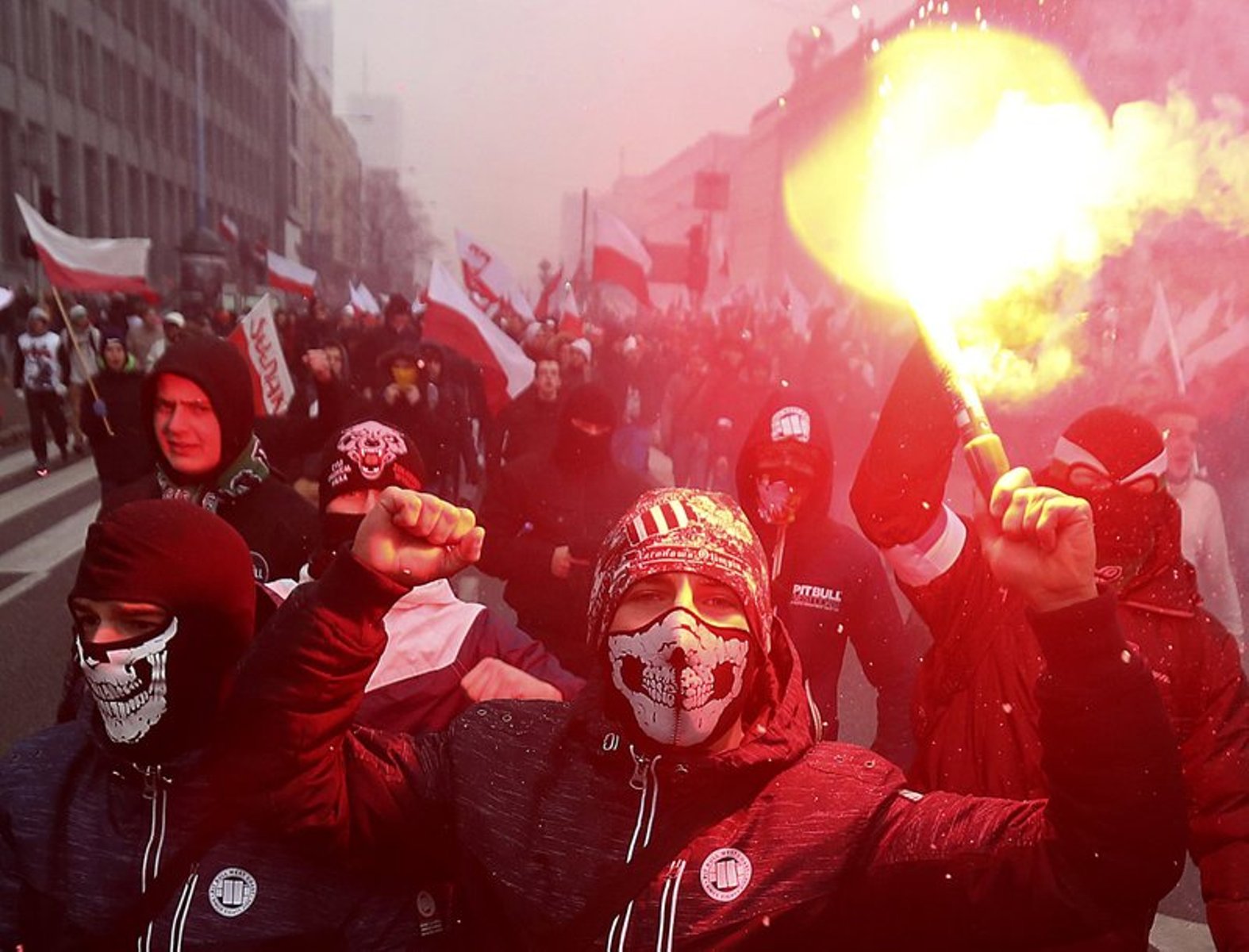 Neo-Nazis march in Warsaw, 2018.
Neo-Nazis march in Warsaw, 2018.
Furthermore, ambassador Pokruzinski said there was no outbreak of nationalism in Poland and implied that the article on Stundin could destroy the good relations between Poland and Iceland. He demanded an official apology from Icelandic authorities (see here) for an article published on an independent website.
Hate and ignorance unfortunately seems to be the order of the day in certain political spheres in Polish society. Honouring victories over Lithuanian-Polish Muslims, the Tatars in 1672 when expressing modern Islamophobia is a very strange way of showing Democratic maturity in a modern EU-member/European state. The modern day praise of Jew-killers and Tatar-slayers of the 17th century in Poland and the Ukraine, is a wrong signal to send the world, if your country proclaims a democratic status in Europe of today. - Unless if one misses the totalitarian and suppressing times under the Nazis or the Soviets, or one dreams about the dark ages of ignorance and superstition when blaming minorities and killing them in pogroms was a part of life and religion.
Allow me to repeat the wise words of the President of Iceland, Mr. Guđni Th. Jóhannesson, when he attended an International Commemoration ceremony in Poland on 1 September 2019:
There is nothing new about bellicose factions exploiting fear and malice, mistrust and hostility. They corrupt true patriotism and pervert feelings of national pride into chauvinism and xenophobia. We have seen many such examples, and they have lessons to teach us, which we should bear in mind, now and always. (Please read the address in its full length here).
Please take care Poland!


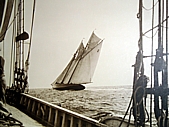
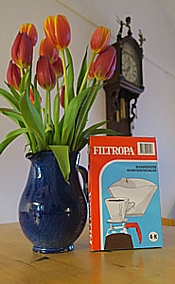
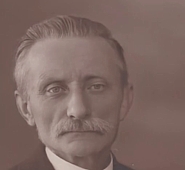
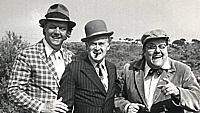
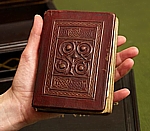
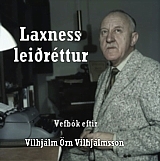
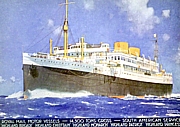
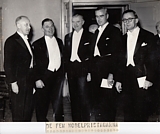
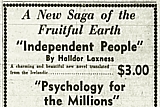
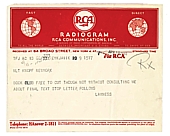


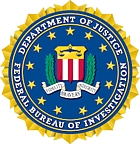
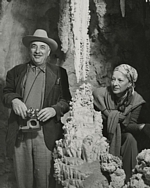
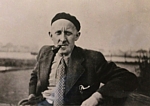
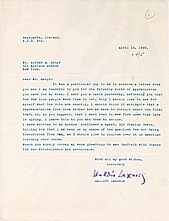
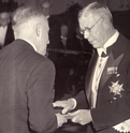
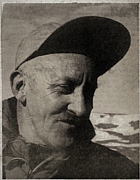
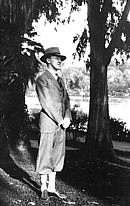
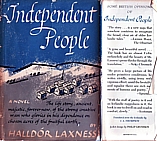

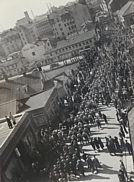
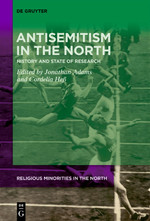

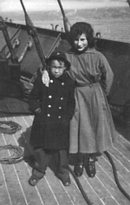

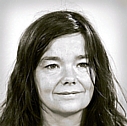
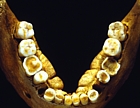


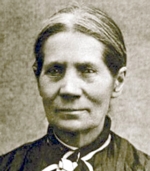
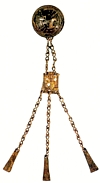
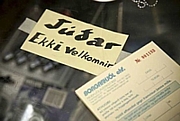
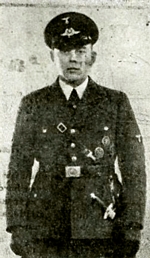

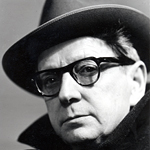
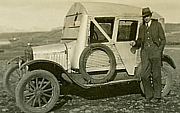
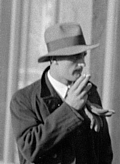
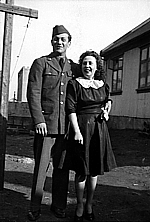
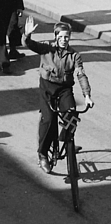
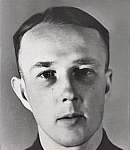
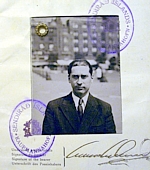
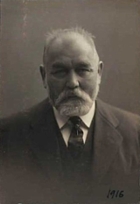
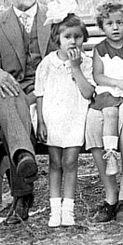
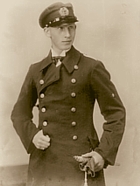
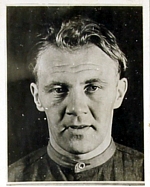
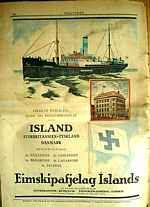

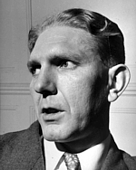
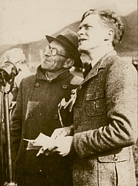

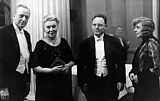
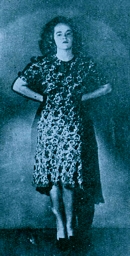
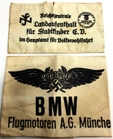
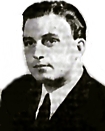
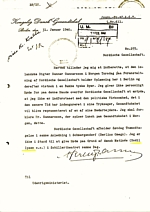
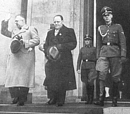

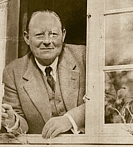
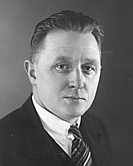
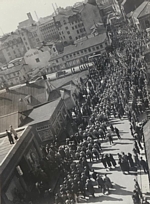
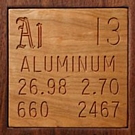
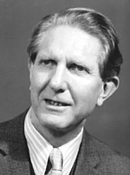
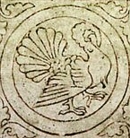
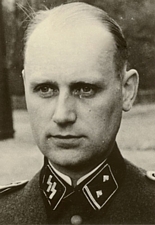
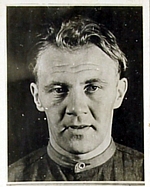
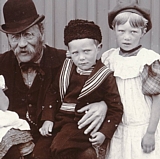
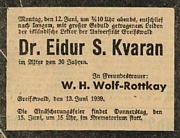
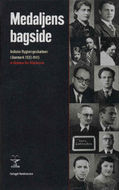
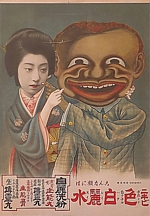
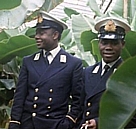
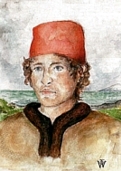
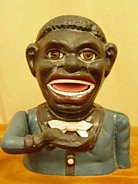
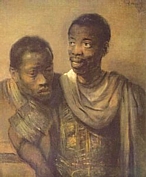
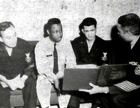
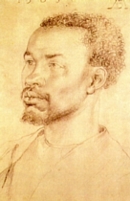
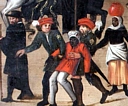
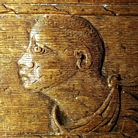
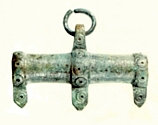
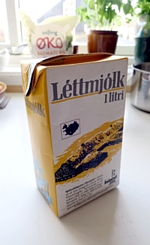
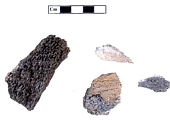
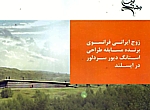
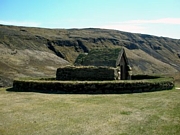
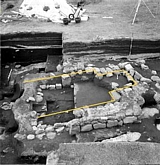
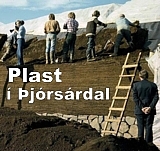
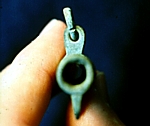
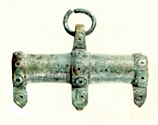
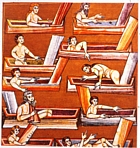
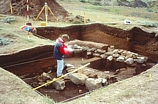
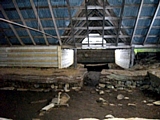


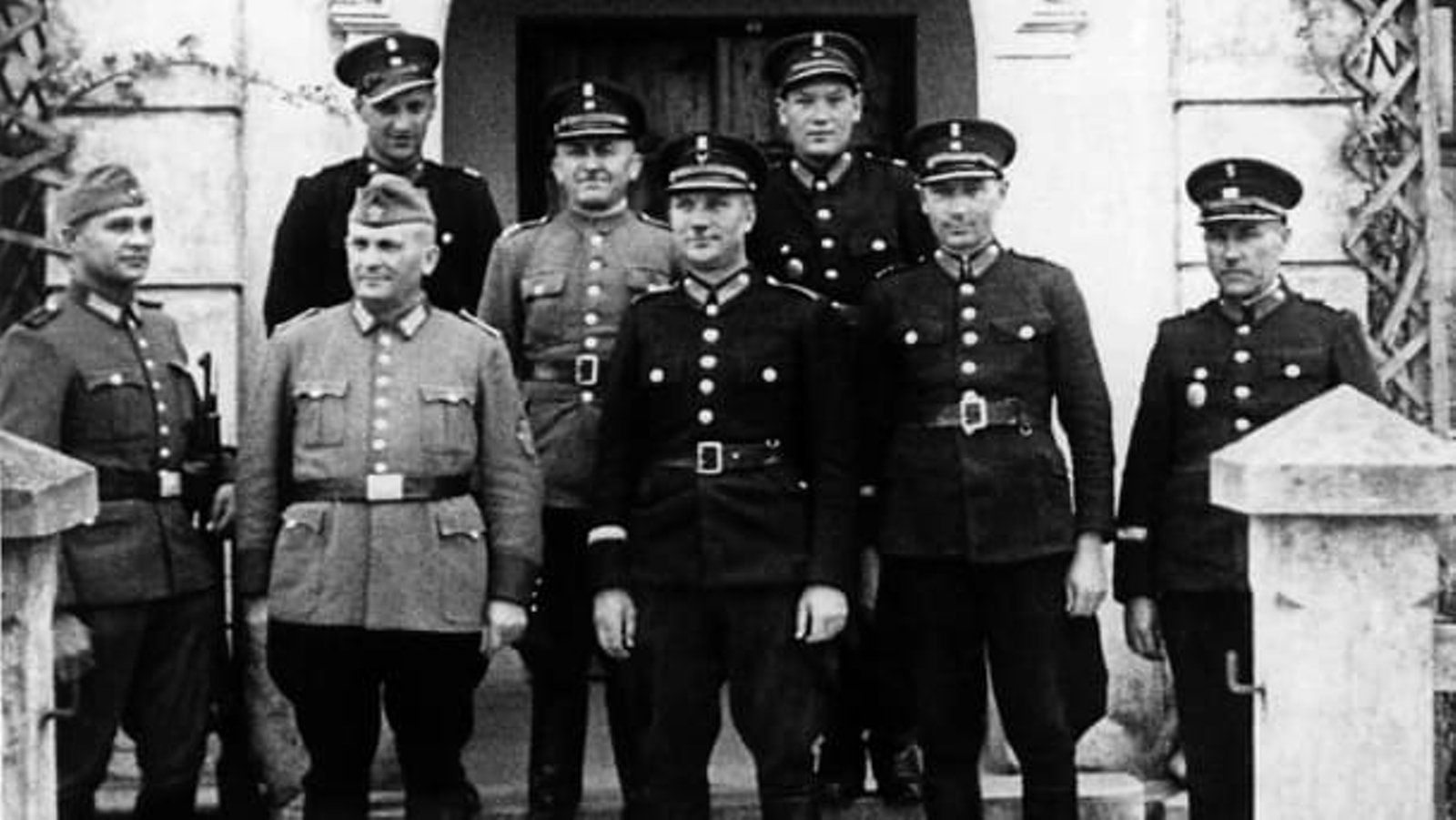
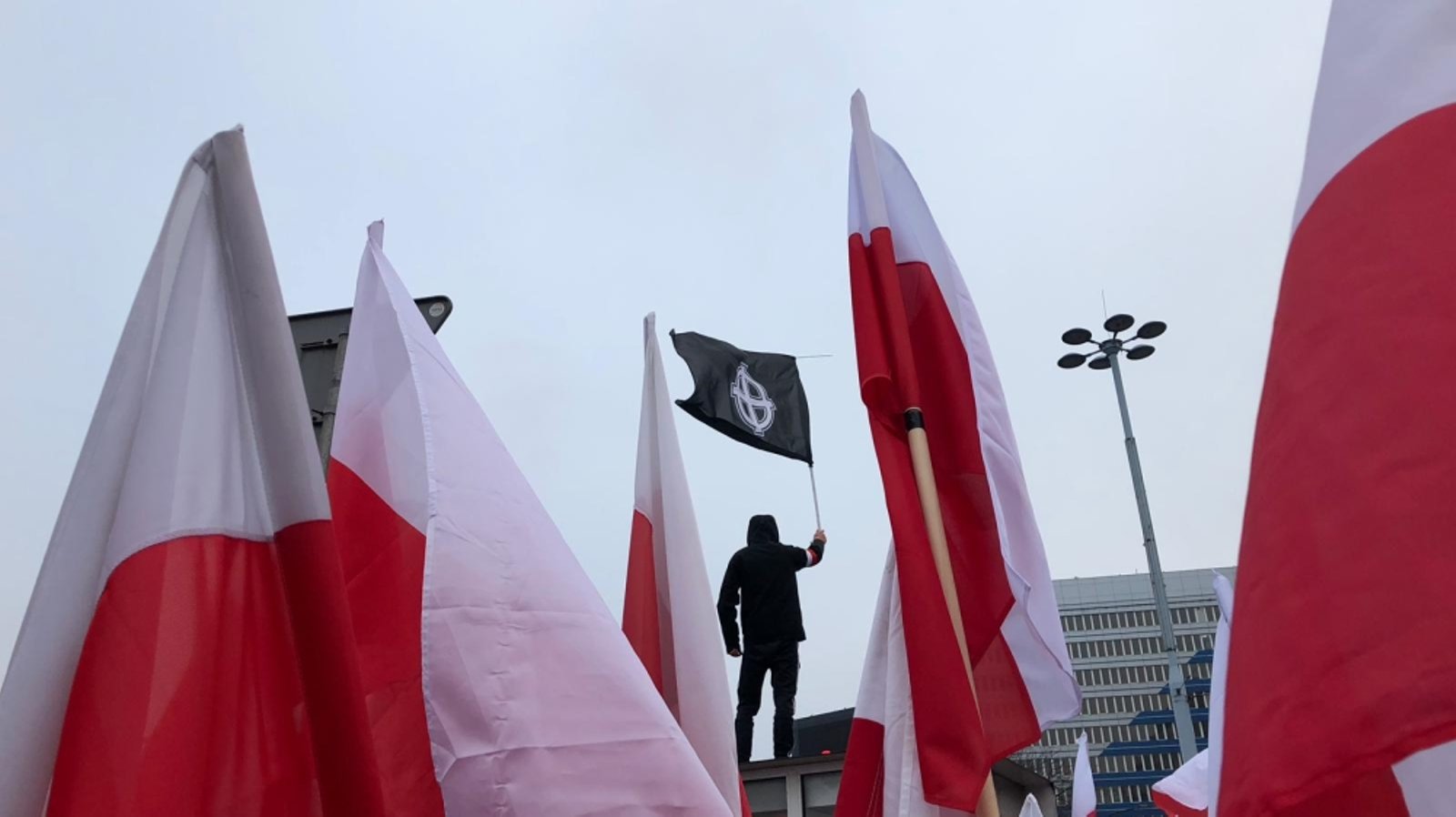
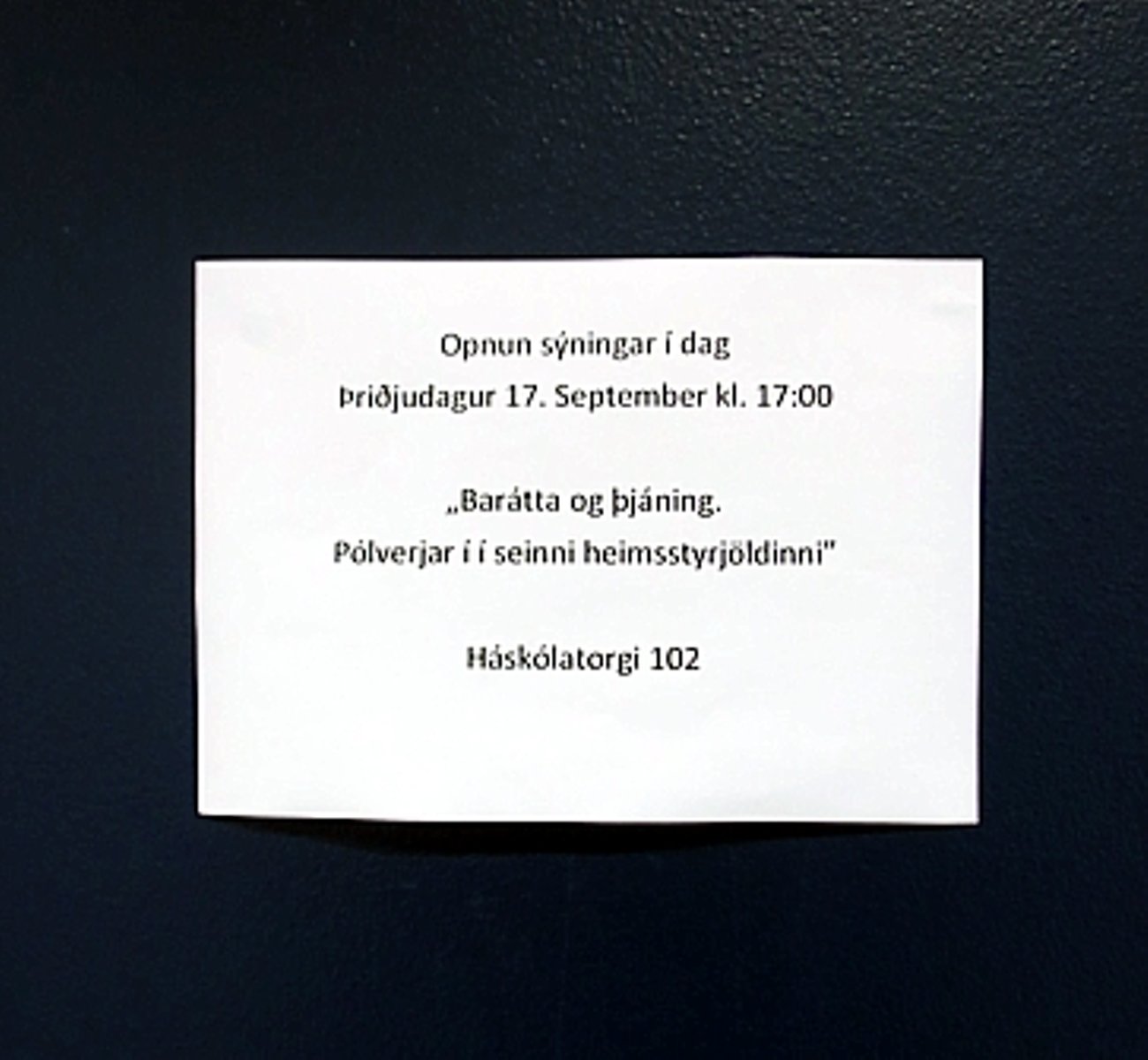

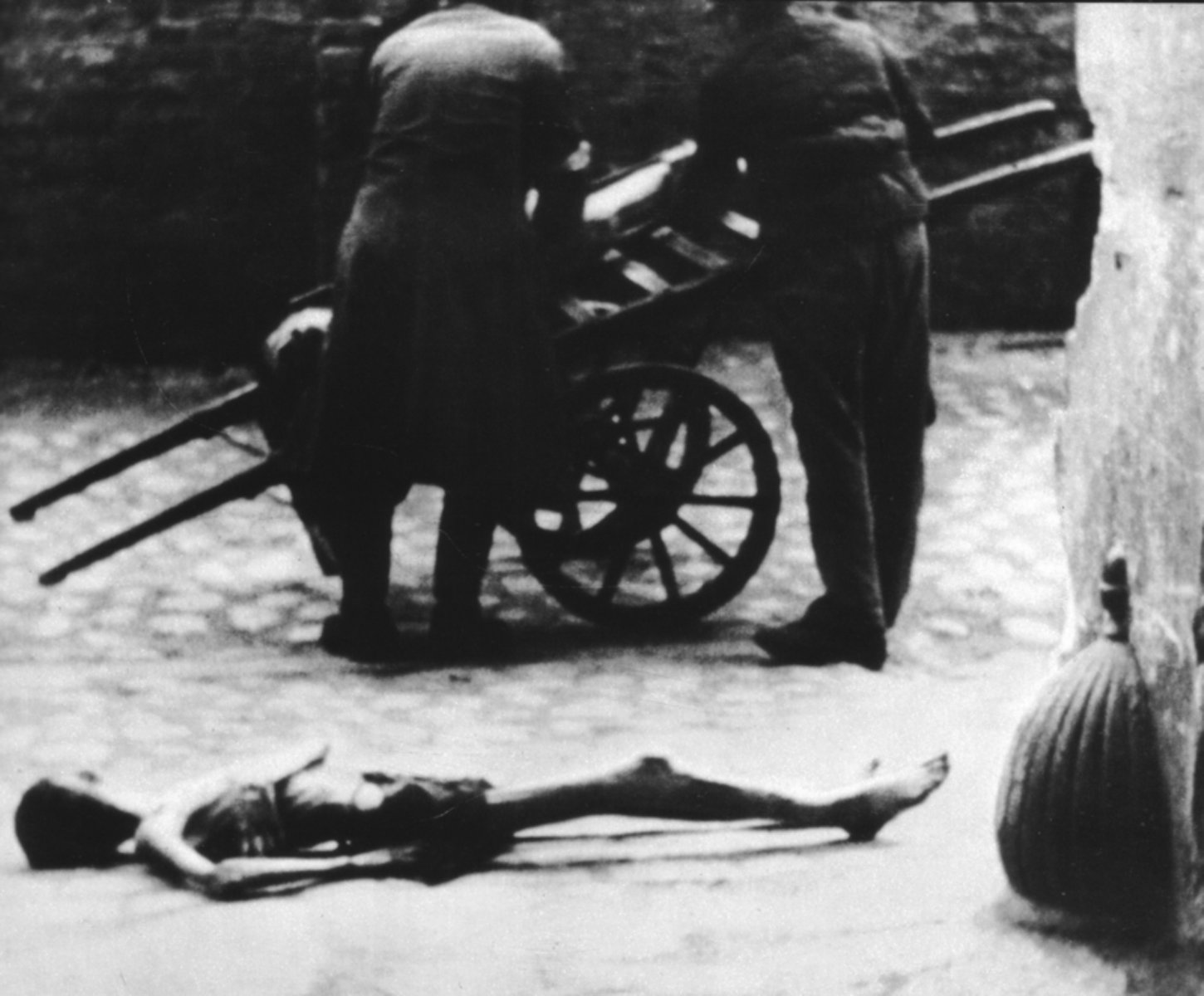
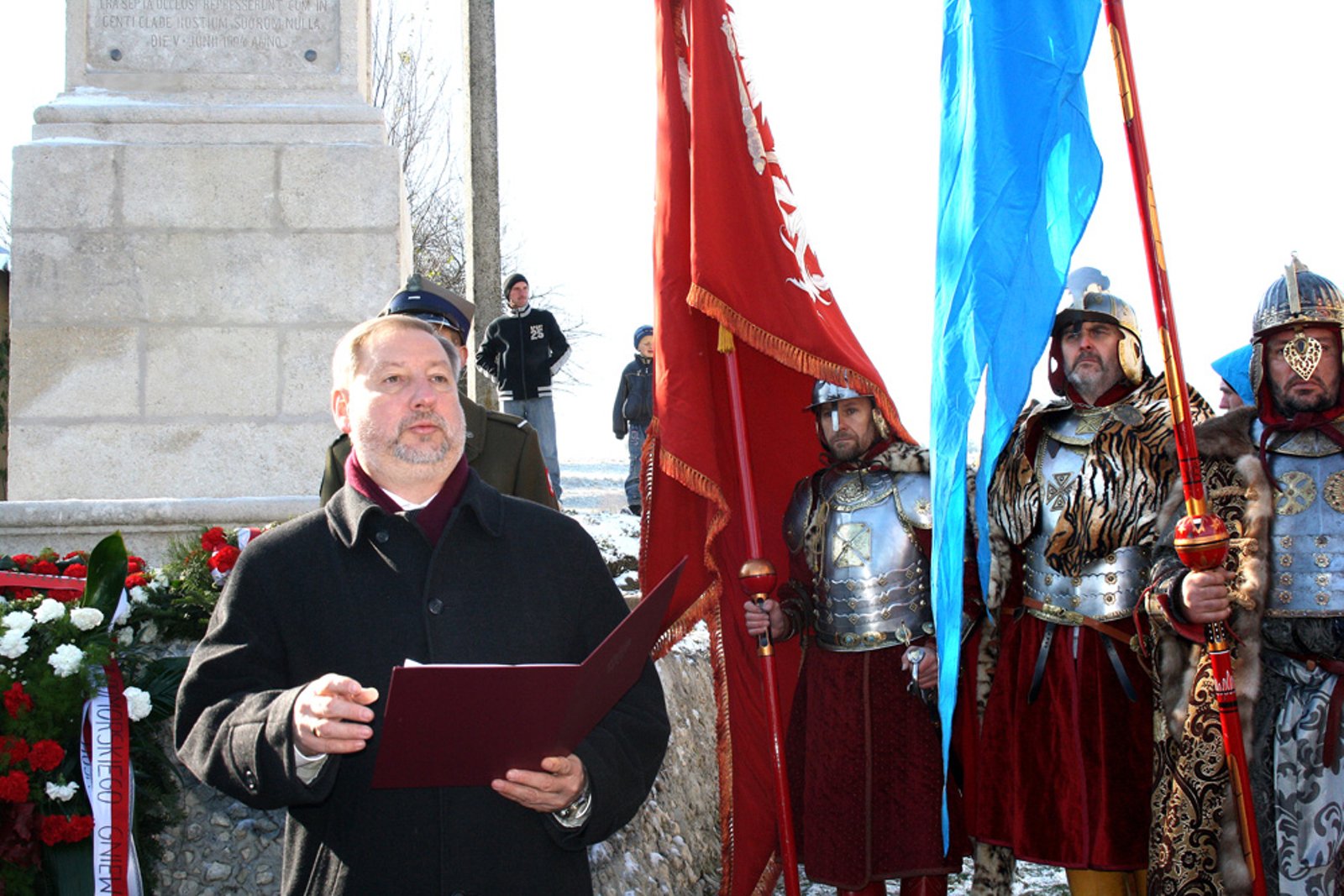

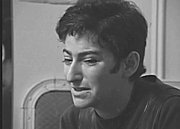
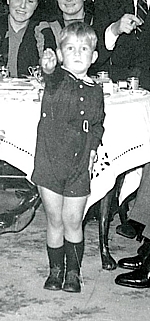
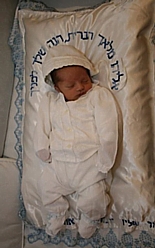
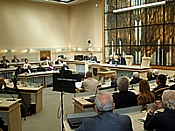
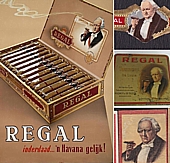
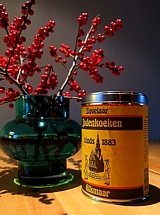
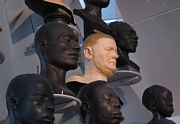
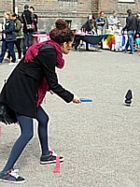

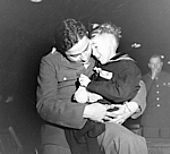
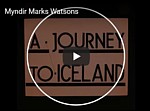
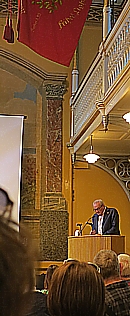
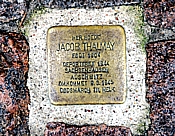
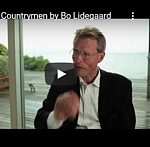
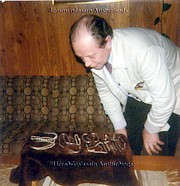
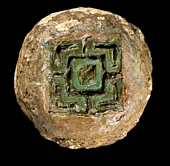
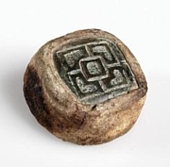

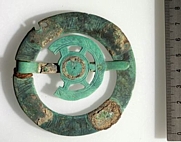
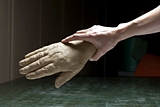

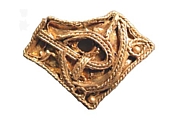
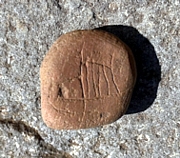

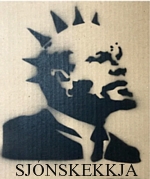
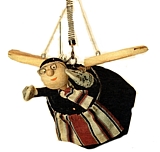
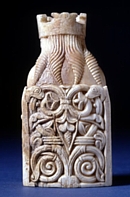


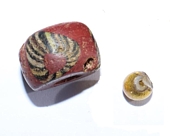
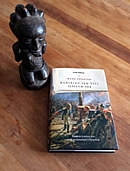
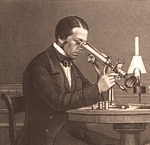

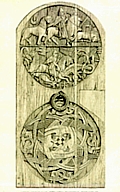

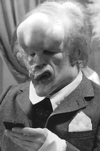
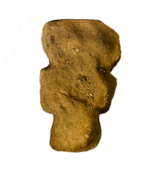
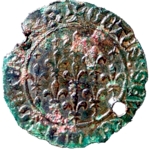
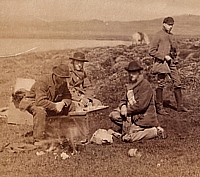
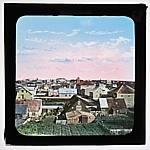
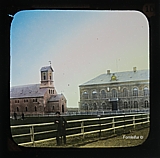
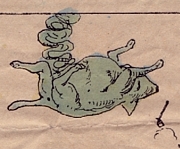
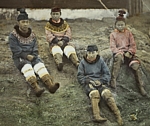
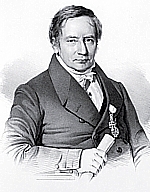
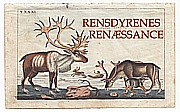
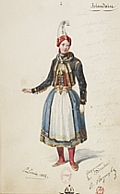
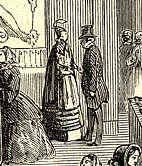
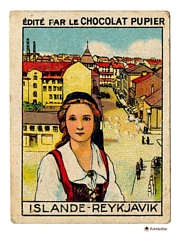
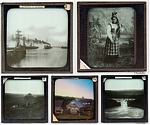
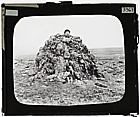
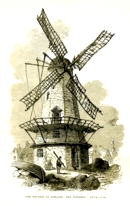

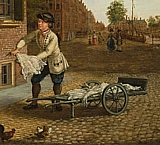
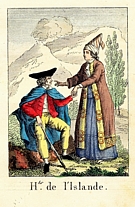

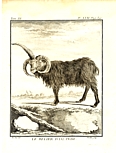

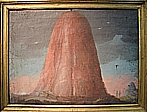
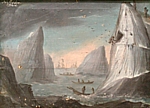
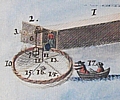
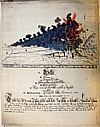
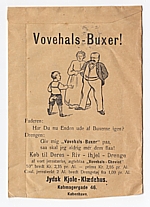
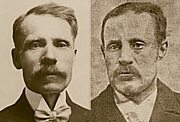

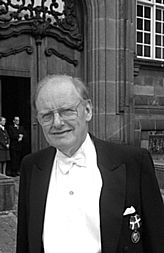
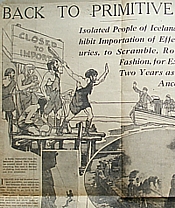
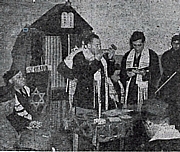
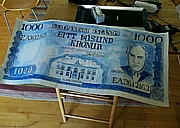
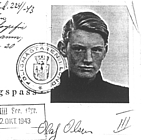

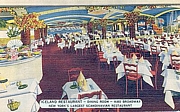
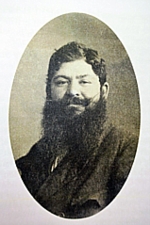
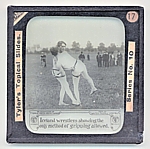
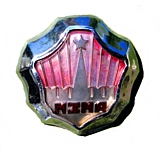
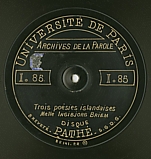
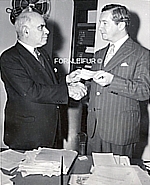
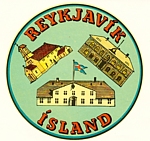
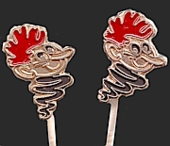
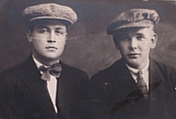
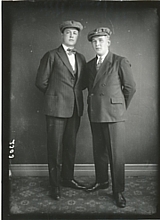
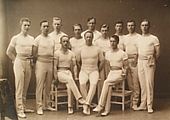
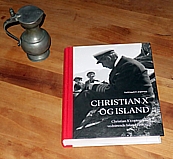
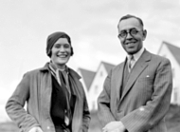
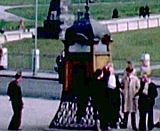
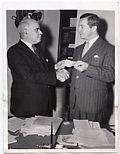
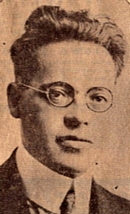
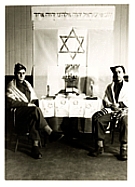
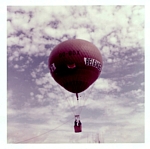
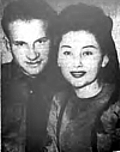
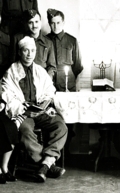
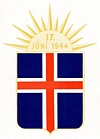
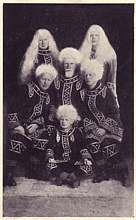
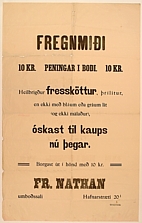
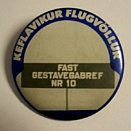
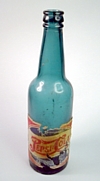
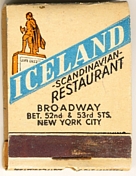
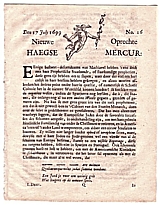
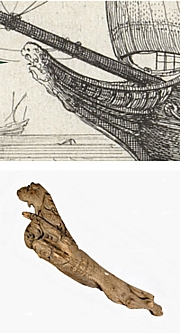

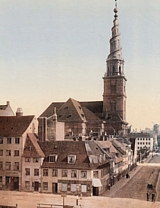

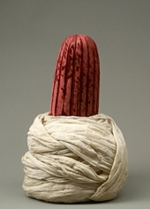
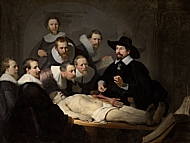
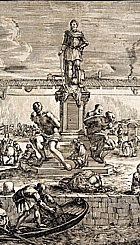


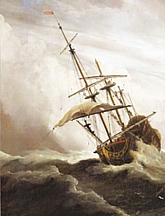
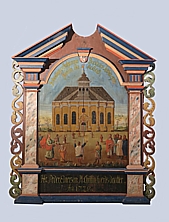
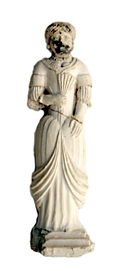
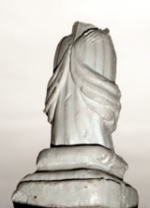
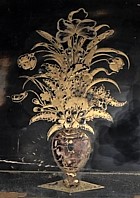

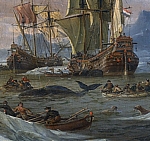
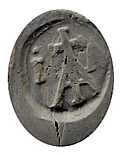


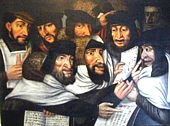
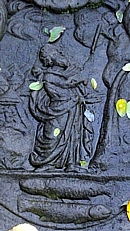
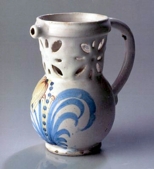

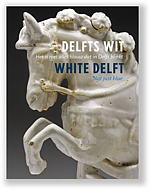


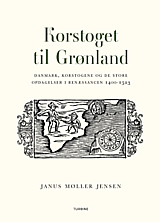

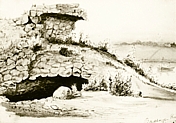
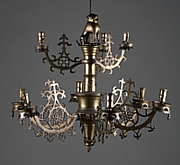
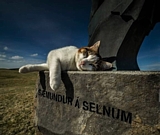
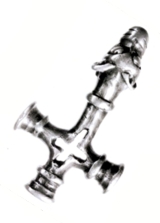
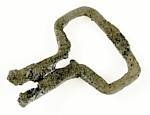
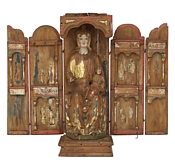
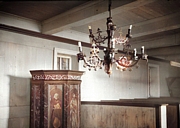
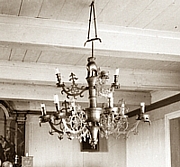
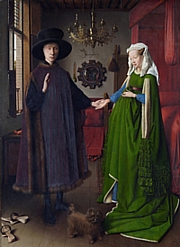
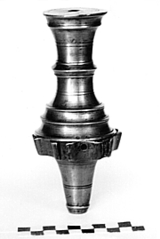
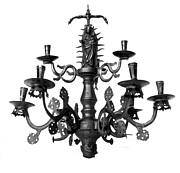
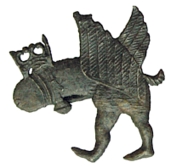
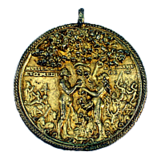
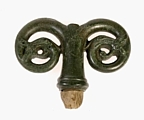
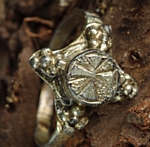


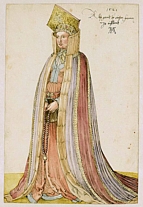
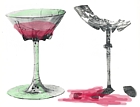

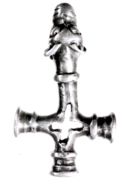
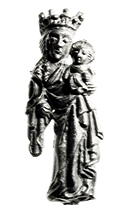
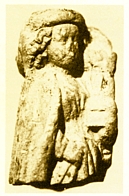
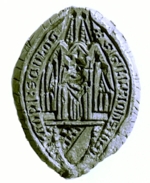
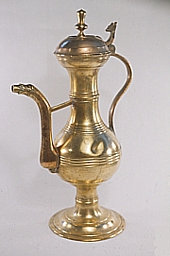
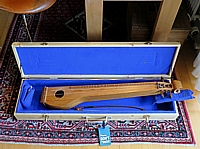
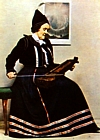
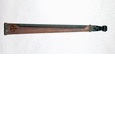
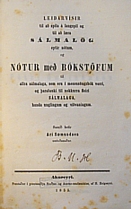
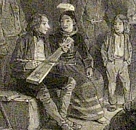
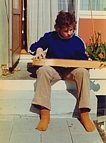
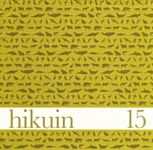
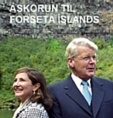
Bćta viđ athugasemd [Innskráning]
Ekki er lengur hćgt ađ skrifa athugasemdir viđ fćrsluna, ţar sem tímamörk á athugasemdir eru liđin.